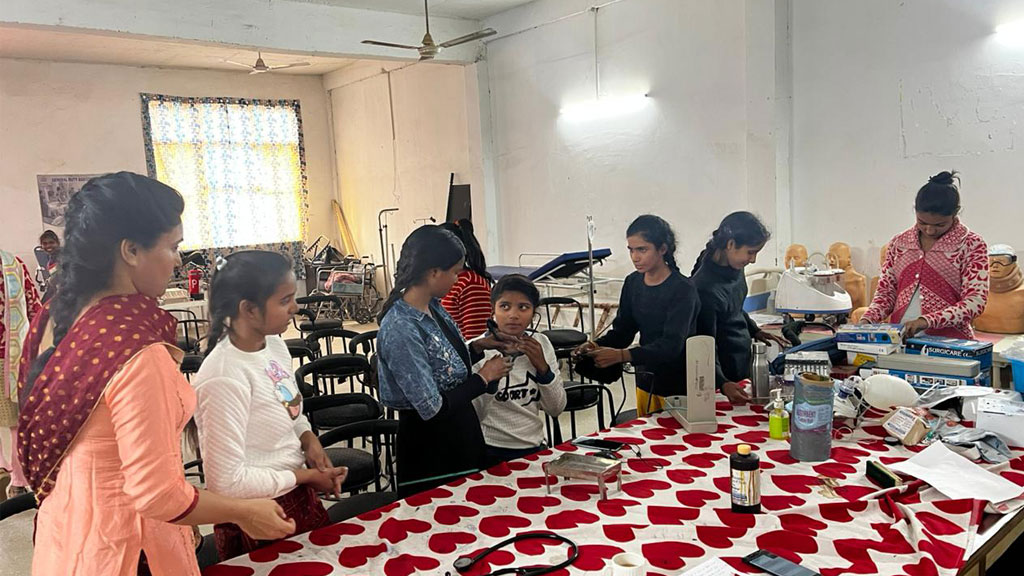Introduction:
In the ever-evolving landscape of corporate social responsibility (CSR), the focus has shifted towards equipping individuals with practical skills that empower them to thrive in the professional world. CSR programs are stepping up to address the widening skills gap, contributing to the development of communities by investing in skills education. In this blog post, we’ll explore how CSR programs are playing a pivotal role in shaping the future by providing individuals with the tools they need to succeed.
The Changing Face of CSR:
Corporate social responsibility is no longer confined to charitable donations; it now involves active participation in shaping a sustainable and inclusive future. CSR programs are increasingly recognizing the significance of skills education as a means to uplift communities and create lasting positive change.
Closing the Skills Gap:
One of the primary objectives of CSR-driven skills education is to bridge the skills gap. Recognizing the rapid advancements in technology and industry requirements, companies are investing in programs that equip individuals with the skills needed for the jobs of today and tomorrow.
Digital Literacy Initiatives:
The digital era demands a new set of skills. CSR programs are at the forefront of promoting digital literacy by providing access to technology and training in essential digital skills. This not only enhances employability but also empowers individuals to navigate the digital landscape with confidence.
Vocational Training for Sustainable Livelihoods:
CSR initiatives are embracing vocational training as a key component of skills education. By offering courses in trades and skills that are in demand, companies contribute to the creation of sustainable livelihoods, empowering individuals to support themselves and their families.
Entrepreneurial Empowerment:
Skills education goes beyond traditional employment pathways. CSR programs are fostering entrepreneurial spirit by providing training and resources for individuals to start and sustain their own businesses. This not only drives economic growth but also cultivates a culture of innovation within communities.
Inclusivity and Diversity:
CSR-driven skills education emphasizes inclusivity and diversity. Programs are designed to reach individuals from diverse backgrounds, ensuring that opportunities are accessible to everyone. This commitment to inclusivity helps break down barriers and fosters a more equitable society.
Community Collaboration for Sustainable Impact:
CSR programs that prioritize skills education actively collaborate with local communities, educational institutions, and non-profit organizations. By building sustainable partnerships, companies ensure that their initiatives align with the unique needs of the community, creating a more significant and enduring impact.
Empowering Women in the Workforce:
Recognizing the importance of gender equality, many CSR programs in skills education focus on empowering women in the workforce. By providing training in various skills, companies contribute to breaking down gender barriers and promoting a more inclusive and diverse professional landscape.
Measuring Impact and Continuous Improvement:
Effective CSR programs are committed to measuring the impact of their skills education initiatives. By collecting data, monitoring outcomes, and seeking feedback, companies ensure that their efforts are making a tangible difference. This commitment to continuous improvement is essential for refining programs and maximizing their effectiveness.
Conclusion:
CSR programs are making a significant impact on the future by investing in skills education. By equipping individuals with practical skills, companies contribute to the development of empowered, resilient communities. The evolution of CSR towards skills education signifies a commitment to creating a sustainable, inclusive, and thriving future for individuals and society as a whole.
- By admin

